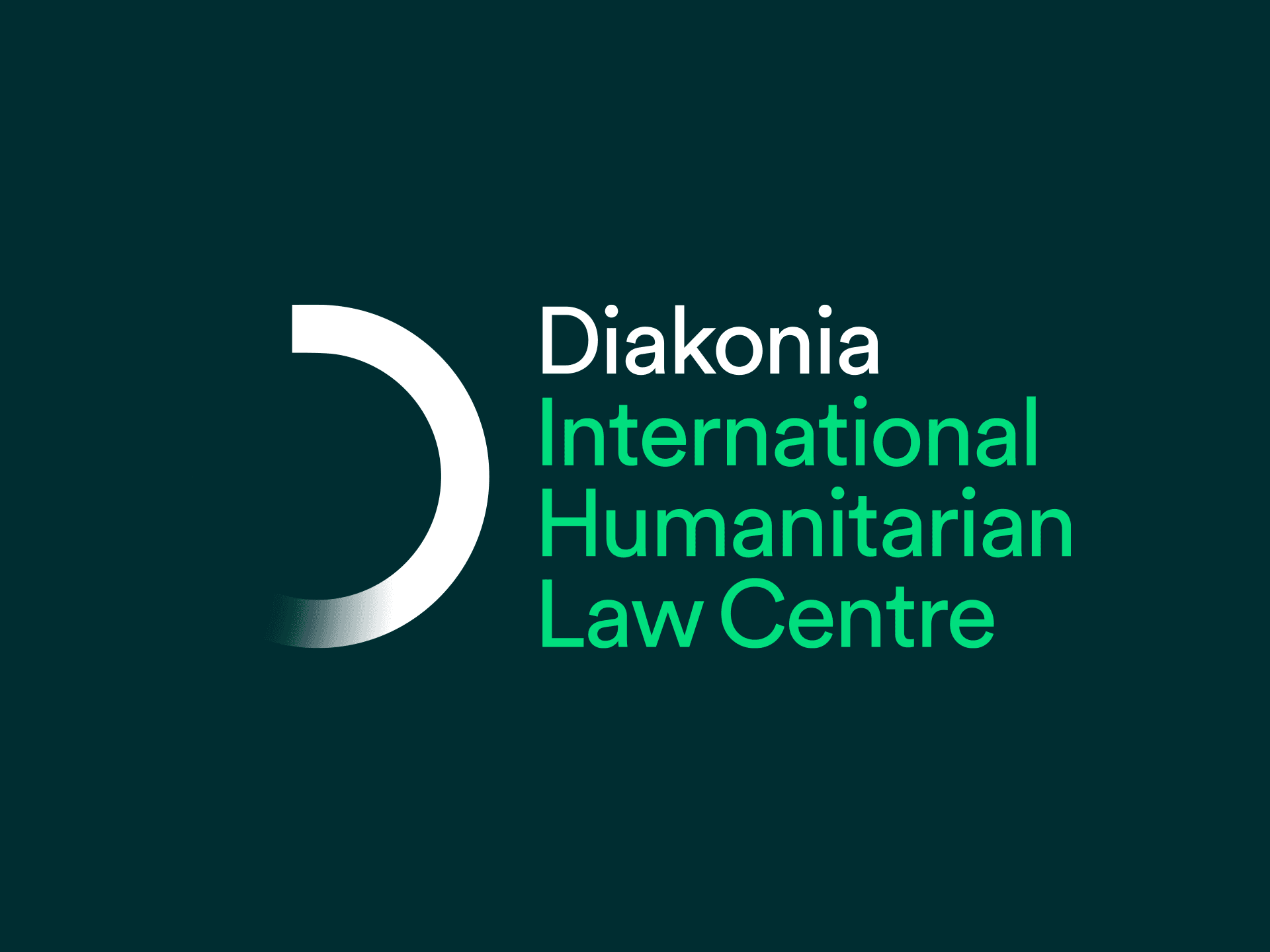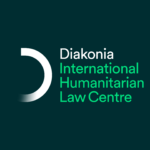
Diakonia IHL Centre calls for immediate adherence to international humanitarian law following the escalation of hostilities in El Fasher, North Darfur
6 February 2024Nairobi, 06 February 2023
The Diakonia International Humanitarian Law Centre is deeply concerned by the recent escalation of violence in El Fasher, the capital of North Darfur. At least five people have been killed, including a child, and 21 individuals have sustained injuries as a result of renewed clashes between the Sudan Armed Forces (SAF) and the Rapid Support Forces (RSF). These clashes occurred following days of relative calm and have caused extensive damage to civilian infrastructure.
Full press release:

Missiles struck the heart of El Fasher, hitting the Grand Market and surrounding residential areas. The Coordination of El Fasher Resistance Committees has reported that numerous RSF fired shells landed on civilian homes, resulting in severe damage to buildings. The city is a highly populated area and home to large numbers of displaced persons that have fled conflicts in other parts of Darfur. The use of explosive weapons, such as shells, in highly populated areas often results in indiscriminate consequences, including civilian casualties, injuries, and substantial destruction or damage to civilian objects, buildings, and essential infrastructure including water and sanitation facilities.
All parties to the conflict are obligated to conduct their military operations within the confines of international humanitarian law. It is prohibited to launch attacks directed at civilians or civilian objects as well as indiscriminate attacks. Parties to the conflict must at all times distinguish between civilians and combatants (fighters) and between civilian objects and military objectives and must only direct their attacks against military objectives. Parties should refrain from using explosive weapons with a wide impact area in densely populated areas due to the significant likelihood of indiscriminate effects.
Moreover, the United Nations Sudan office has received alarming reports of the large-scale recruitment of children between the ages of 11 and 17 into the ranks of warring parties and other armed groups within the city. The conscription, enlisting, or any other form of recruitment and deployment of children as members of armed forces or armed groups, or using them to participate actively in hostilities is prohibited under both domestic law as well as international humanitarian law. Sudan, as a party to the Convention on the Rights of the Child and its Optional Protocol on the Involvement of Children in Armed Conflict, bears a clear obligation to investigate, prosecute, and appropriately punish those responsible for child recruitment in armed forces or armed groups. These obligations extend not only to ensuring accountability for the recruitment of children but also to providing adequate support and assistance to child victims of such practices.
The International Humanitarian Law Centre calls upon all parties involved to immediately cease hostilities, protect civilians, and adhere to their obligations under international law, including the protection of children in armed conflict. This incident has exacerbated an already dire humanitarian situation in El Fasher, characterized by acute shortages of essential supplies, including food, fuel, and medicine. We urge the international community, regional bodies, and local authorities to redouble their efforts to bring an end to the violence in El Fasher and provide essential humanitarian assistance to those in need.
For questions regarding this statement, please contact:
Diakonia International Humanitarian Law Centre
Global Desk (East and Central Africa)